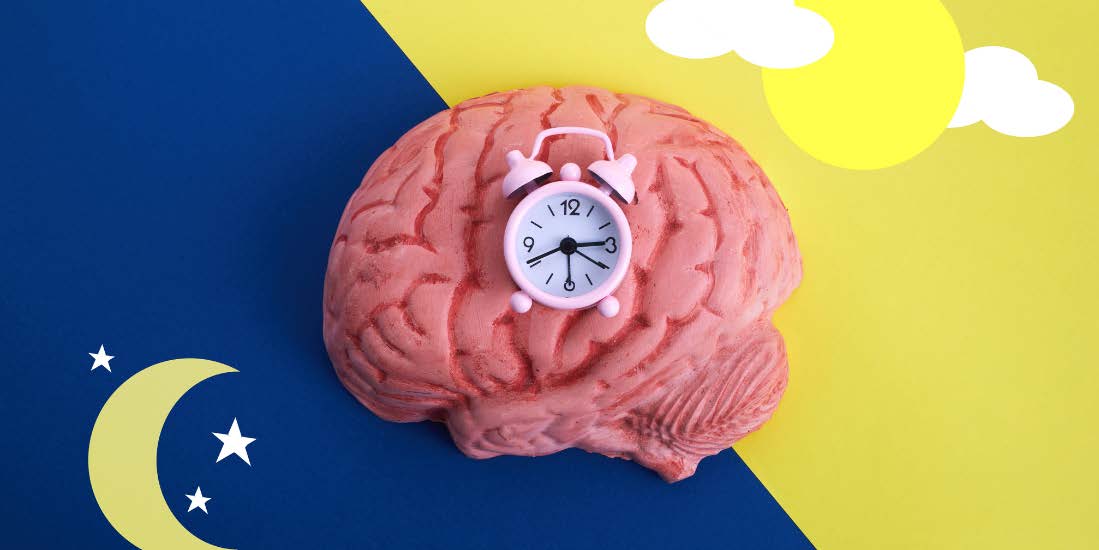If you’ve ever tried fasting, you know that you’re one of the special few who can actually tolerate going without food for extended periods of time. That is, without punching someone in the face out of sheer hangriness.
If you’ve never tried fasting, you’re probably wondering what all the fuss is about. Fasting has been practiced for centuries by cultures around the world, and there are many different reasons why people choose to do it.
Some fast for religious or spiritual reasons, while others do it for health reasons. But now, there is a growing body of scientific evidence that suggests that fasting can have some pretty amazing health benefits.
One of the most fascinating things about fasting is that it appears to have an impact on our circadian rhythms. Those are the natural 24-hour cycles that our bodies go through in terms of things like hormone production, cell regeneration, and metabolism.
In this article, we learn more about how circadian fasting may help improve heart health. We also explore the potential precursors to heart disease and how fasting may help to prevent them.
If you’re interested in learning more about the powerful connection between circadian fasting and heart health, read on! It’s about to get real science-y up in here.
What is Circadian Fasting?

Circadian fasting is a type of fasting that is based on the natural rhythms of our bodies.
Our circadian rhythms are controlled by an internal “biological clock” that responds to light cues from the environment. For example, when it starts getting dark outside, our bodies produce more of the hormone melatonin, which makes us feel sleepy.
When it starts getting light outside again, our bodies produce less melatonin, and we begin to feel more awake. This cycle happens every day, and it’s one of the reasons why we tend to feel more energetic in the morning and more tired at night.
Throughout the years, our bodies have evolved to function optimally when we follow these natural rhythms. Like most things in nature, our bodies work best when they are in sync with the world around us. However, modern life has made it very difficult for us to follow our natural rhythms.
We are bombarded with artificial light from electronic devices, we work odd hours, and we often eat at irregular times. All of this disruption to our natural rhythms can lead to some pretty serious health problems. In fact, studies have linked disruption of circadian rhythms to an increased risk of obesity, type 2 diabetes, and cardiovascular disease.
So, how does all of this relate to Circadian fasting?
Well, when we fast, we are essentially giving our bodies a chance to rest and repair. Fasting gives our digestive system a much-needed break and allows our cells to focus on things like cell regeneration and detoxification.
Fasting also allows our bodies to reset our circadian rhythms. When we go without food for extended periods of time, our bodies have a chance to “catch up” on all the missed meals and properly digest all the food we’ve been consuming.
This can lead to improved sleep, more energy during the day, and better regulation of our hormones. All of these things can have a major impact on our overall health, including our heart health.
The Potential Precursors to Heart Disease
Many different factors can contribute to the development of heart disease. However, three main precursors seem to be particularly important: inflammation, oxidative stress, and insulin resistance.
- Inflammation is a natural process that helps our bodies heal from injury or infection. However, when inflammation becomes chronic, it can start to damage our arteries and lead to heart disease.
- Oxidative stress occurs when there is an imbalance between the production of free radicals and the body’s ability to neutralize them. Free radicals are unstable molecules that can damage our cells and lead to inflammation.
- Insulin resistance is a condition in which the body’s cells become resistant to the hormone insulin. Insulin is responsible for regulating blood sugar levels, and when it becomes resistant, blood sugar levels can rise to dangerously high levels.
All of these precursors are linked to an increased risk of heart disease. However, studies have shown that circadian fasting may help to decrease inflammation, oxidative stress, and insulin resistance.
How Circadian Fasting Can Help to Prevent Heart Disease
There are many different ways in which circadian fasting can help to prevent heart disease. First, as we mentioned before, fasting can help to reset our circadian rhythms.
When our bodies are in sync with the natural world around us, they tend to function more optimally. This means that all of the systems in our bodies, including our cardiovascular system, are more likely to function properly.
In addition, fasting has been shown to decrease inflammation, oxidative stress, and insulin resistance. As we mentioned earlier, all of these things are linked to an increased risk of heart disease. So, by decreasing these precursors, we can reduce our risk of developing heart disease.
Finally, fasting can also help to improve our overall health and well-being. When we are healthy and happy, our hearts tend to be healthier as well. Therefore, by improving our overall health, we can also improve our heart health.
How Does Circadian Fasting Work?

Circadian fasting refers to limiting the eating window to daytime hours (light phase) and fasting during the night (dark phase). This pattern simulates the natural feeding and fasting cycle that our ancestors followed.
During the light phase, we are more likely to be active and have access to food. Therefore, this is the best time for us to eat. During the dark phase, we are more likely to be inactive, and our bodies are better able to focus on things like cell regeneration and detoxification.
So, to follow a circadian fasting schedule, you would eat all of your meals during the day and then fast from dinner until breakfast the following day. This would give your body a 12-hour fasting period each day.
You can also choose to fast for more extended periods of time, such as 16 or even 20 hours. However, it is crucial to ensure that you are still getting enough calories and nutrients each day.
The important thing is to find a fasting schedule that works for you and that you can stick to in the long term.
Summary
Circadian Fasting has a lot to offer for your health, and it’s a great way to incorporate variety into your diet and meet your dietary needs in a more wholesome way. It can help you lose weight, improve your cardiovascular health, and even reduce your risk of disease.
If you want to learn more about Circadian Fasting or other ways to improve your health, get in touch with Innate Healthcare. Our team of experts would be happy to chat with you about your health goals and help you find the best way to reach them.




